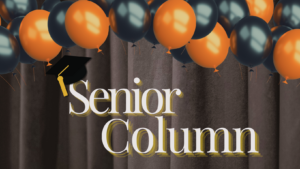Best Movies of 2022:Column
As audiences returned to cinemas last year, we saw a steady increase in the quality of films and, luckily for us, this year was better than last. While daughters were a prominent theme throughout (The Whale, After Sun, EEAAO), there were also gonzo, big-budgeted, overly-indulgent arthouse pieces from maverick directors like Bardo and Babylon (please keep these coming!), the return of massive-budgeted action movies like Top Gun: Maverick and Avatar 2, Cronenberg reminded us why he is the king of body horror, we got scathing satires on class structure in Triangle of Sadness and The Menu, and Robert Patterson showed us why emo Batman might be the best Batman.
These movies hit the hardest, made us laugh and cry, knocked us out in the cinema, and left us wanting our parents and ready to eat the rich. Overall, it was a good year at the movies, and we are here to count down our list of the year’s best.
Honorable Mentions
- The Northman
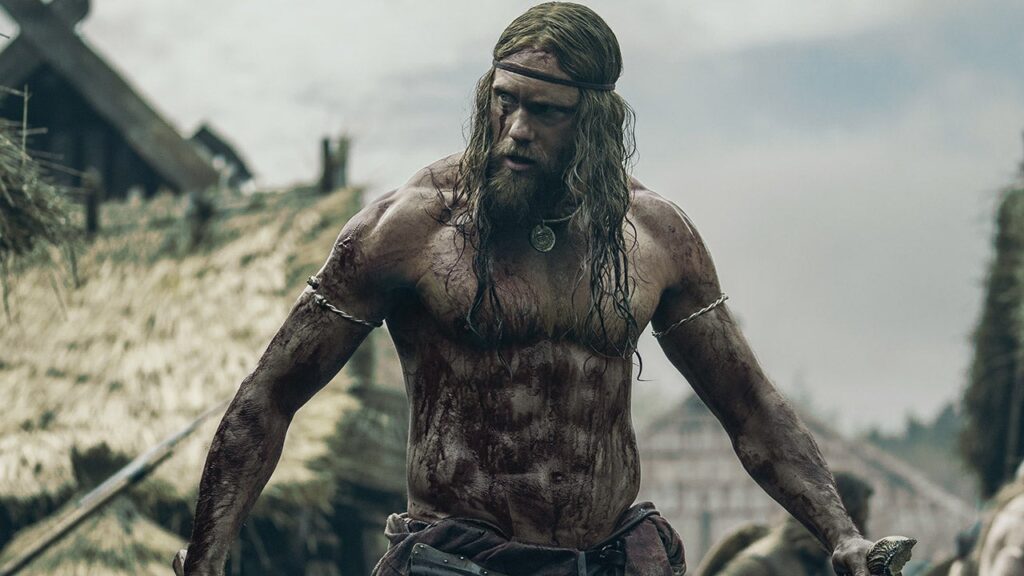
Robert Eggers shows us again why a dedicated eye for period accuracy and a penchant for folklore can equate to a great time at the movies. This time instead of taking on pilgrims or lighthouse keepers, he takes us into the heart of Scandinavia for his most prominent feature yet. We see every dollar on the screen as Alexander Skarsgård and Anya Taylor-Joy go full Nordic insanity in this folktale which would later inspire The Bard himself to write one of the most famous stories of all time. Nicole Kidman, Willam Defoe, Ethan Hawke, and Björk all give fantastic supporting performances. We left the cinema beating our chests, ready to don wolf skins and howl at the moon as we prepared to avenge our fathers, save our mothers and kill our uncles.
- The Menu
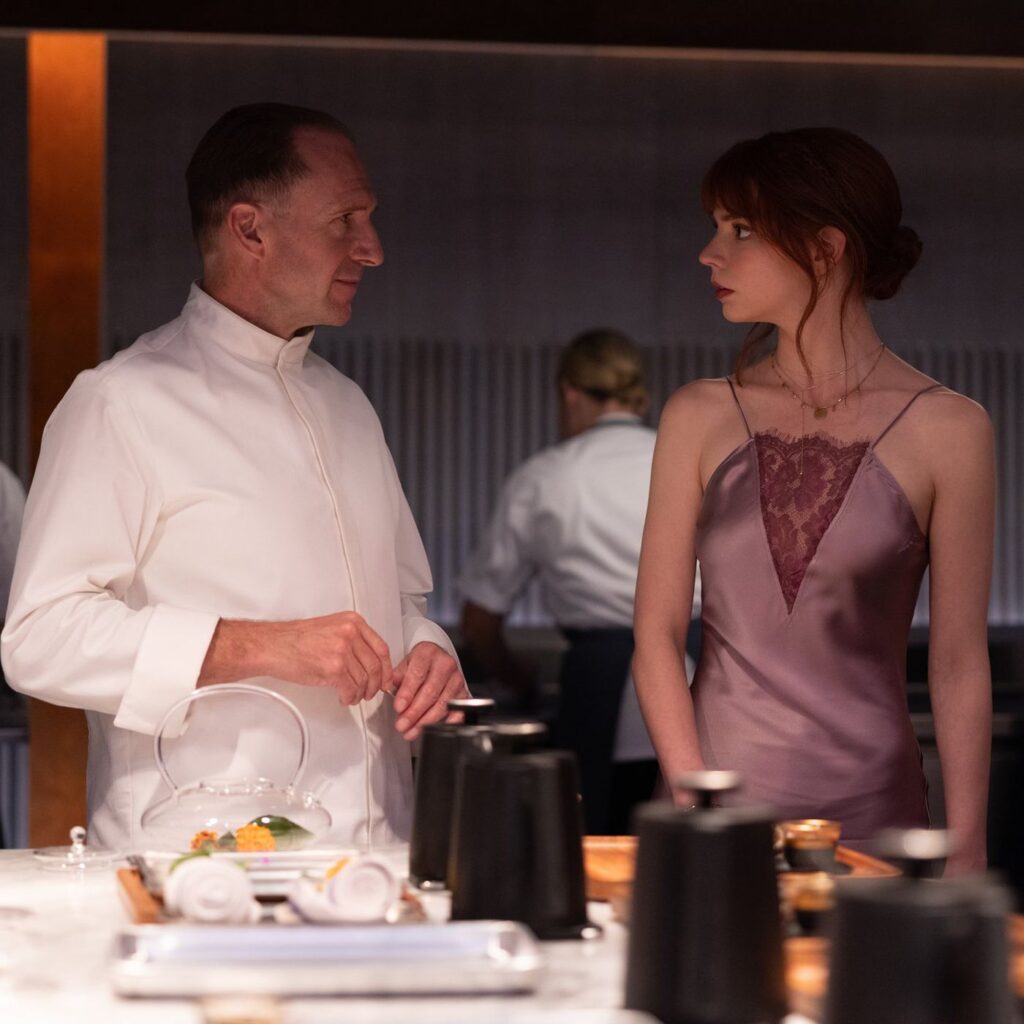
Taste comes at a high price in this hilarious and brutal satire on foodie culture from director Mark Mylod in his first feature film in a decade. Ralph Fiennes is stoic and terrifying as Chef Slowik, a world-renowned restaurateur specializing in theme-based meal experiences. Nicholas Holt is one of the many name-dropping fanboys who pay extravagant prices for dining on Slowik’s private island. The only one in the room who could be more impressed is Anya Taylor-Joy’s Margot, who wasn’t even supposed to be a part of the experience. As the food critic and her enabler, the obscenely wealthy couple who don’t care at all about the effort put into their meals, the fading movie star and his assistant, and the entitled Wall Street bro-dudes all sit down for their special meal, The Menu serves equal parts laughs and cynicism in this black as night comedy.
Top 10
10. The Fablemans
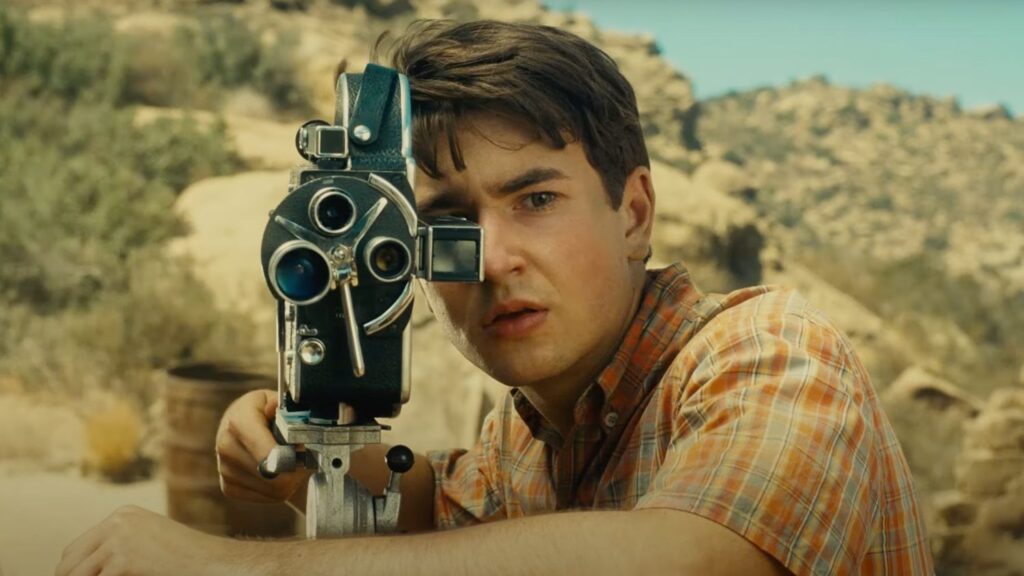
Steven Spielberg has been one of the most famous filmmakers on the planet for over 40 years, and in The Fablemans, he shows us what brought him to the form. The film follows the young Spielberg stand-in Sammy Fabelman (Gabriel LaBelle) through his youthful discovery of the power in cinema and creating pictures as he bands his childhood cohorts into producing films of whatever he can think up while developing techniques he will employ for decades to come.However, Spielberg’s passion does not end when the final product shows on the big screen, he also takes the time to explore the pain of getting it there and his love of equipment and process. Sammy’s passion for the camera is two-sided as he realizes that what you capture isn’t always as important as what you didn’t mean to capture, which can be painful. As Scorsese did with Hugo, Spielberg brings his love letter to the cinema to the big screen at the end of his astonishing career. The film features the year’s best and funniest cameo from the great David Lynch as real-life movie giant John Ford.
9. The Whale
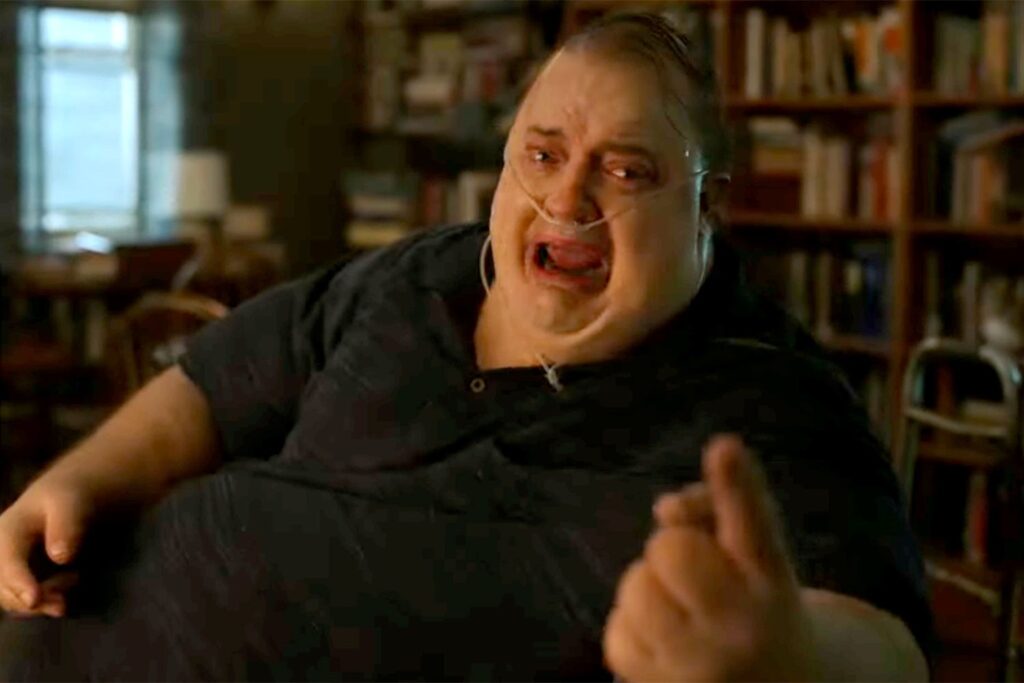
Darren Aronofsky has always been interested in the darkest parts of the human condition. Consider Requiem for a Dream or Black Swan. This year, Aronofsky delivered audiences a retread and showed that he has a few tricks up his sleeve. As he did with Mickey Rourke’s career in 2008’s The Wrestler, Aronofsky breathes new life into an unlikely career. This time it’s Brenden Fraser at the beginning of a career renaissance. The good news is that Fraser brings his A-game to the role of a lifetime in a performance that is at times hilarious and others painfully heartbreaking. The impact of this casting lies in the fact that the part of Charlie parallels Fraser’s career, much like Michael Keaton’s comeback to the public spotlight in 2015 with Birdman. Let’s hope the Academy doesn’t make the same mistake of missing the opportunity to reward such a spirited performance as they did with Keaton.
8. White Noise
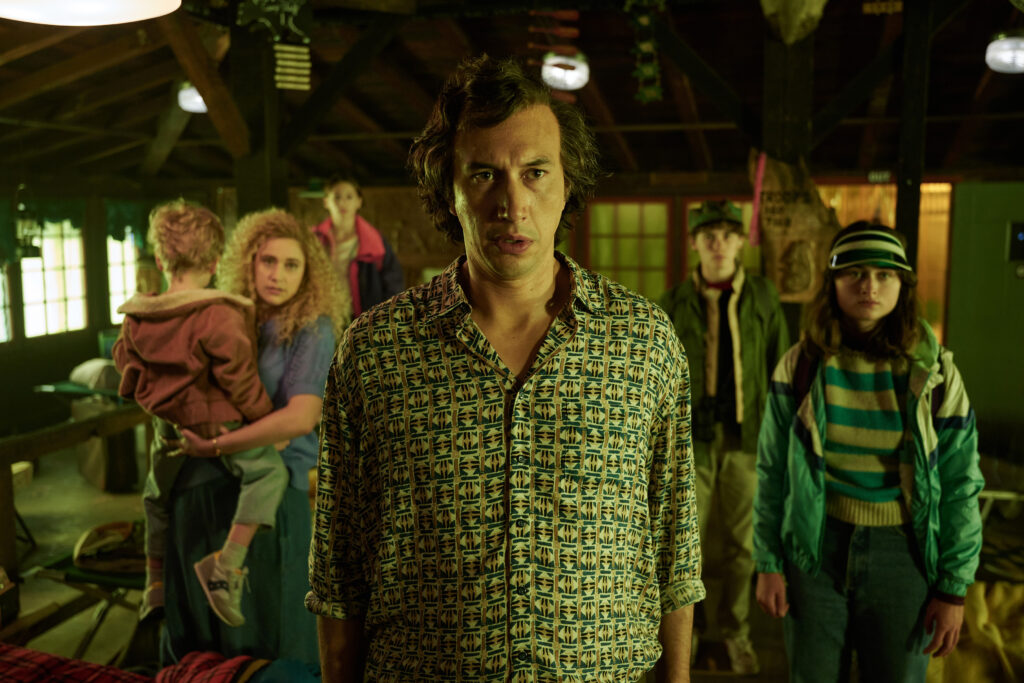
Noah Baumbach’s gleefully redundant take on Don DeLillo’s post-modern classic is as frustratingly neurotic and powerfully cynical as one would expect from a screen version of the novel. In the film, Adam Driver stars as Jack, the world’s leading Hitler Studies professor, who is self-conscious about his inability to speak German,while his wife, Babette (Greta Gerwig) is suspected by the family of taking an off-market mystery pharmaceutical, together they have a house full of children (“he’s from her first marriage, she’s from my third marriage, she’s from her third marriage, and we are each other’s fourth”) whose paranoid chatter permeates every scene with speculation about what is happening in the outside world. However, watching the film is like sitting on a plane next to someone who loves to chat about plane crashes: obnoxious and anxiety-inducing to the point of overthinking times a million. Most will find the irony-soaked gags (such as a simulation response team leading the actual response to a toxic spill) hilarious and the barrage of overlapping dialogue (best used during the dueling lectures on Hitler and Elvis) difficult to follow. Still, the film captures DeLillo’s tone and humor, both irritatingly observant and terrifyingly poignant.
7. Triangle of Sadness
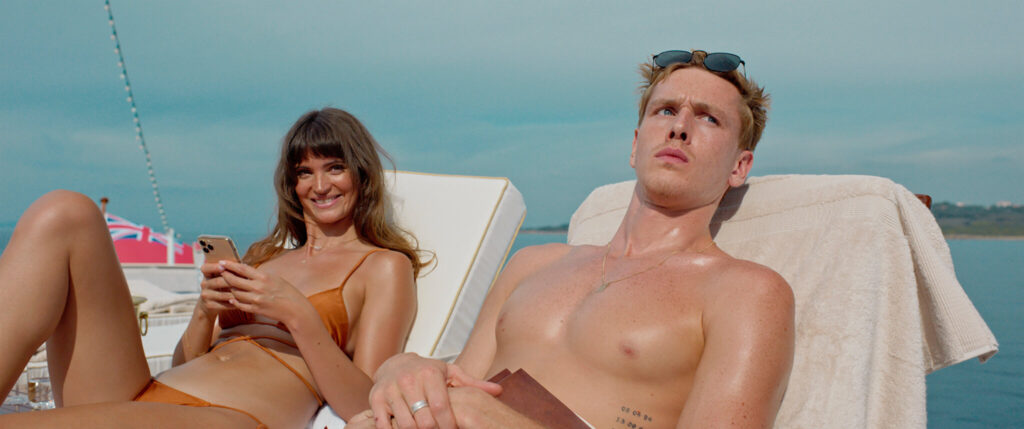
While we may be at a point in culture where lampooning the bourgeoisie has become all but passé, Swedish provocateur Ruben Östlund sticks to his guns in what he does best, taking on the privileged with razor-sharp cynicism. And while yes, many filmmakers of late have savaged the one percent to death in the last few years, nothing has changed, so I say we need more movies aimed at high society. Cannes Festival agrees, having awarded this class reversal satire Östlund’s second Palme d’Or after 2017’s (equally cynical) The Square. What we are treated to here is a trip to the high life by a male model (who knows the difference between a Balenciaga and H&M face), Carl (Harris Dickinson), and his influencer girlfriend Yaya (Charlbi Dean Kriek, who tragically passed just after the film opened) as they win a vacation on a quarter billion dollar yacht and rub elbows with elderly arms dealers (“Is that one of ours dear?’) and an international fertilizer salesman (“I sell shit”). The film is relentless, but probably at its best when the Russian capitalist (Zlatko Burić) and the boats’ Marxist captain (an always reliably hilarious Woody Harrelson) battle with quotes from Chomsky and Ragan over the ship’s intercom system (“the ship is going down!”) as many passengers become uncontrollably seasick in what is one of the funniest and most memorable scenes of the year.
6. (Tie) The Batman & Top Gun: Maverick
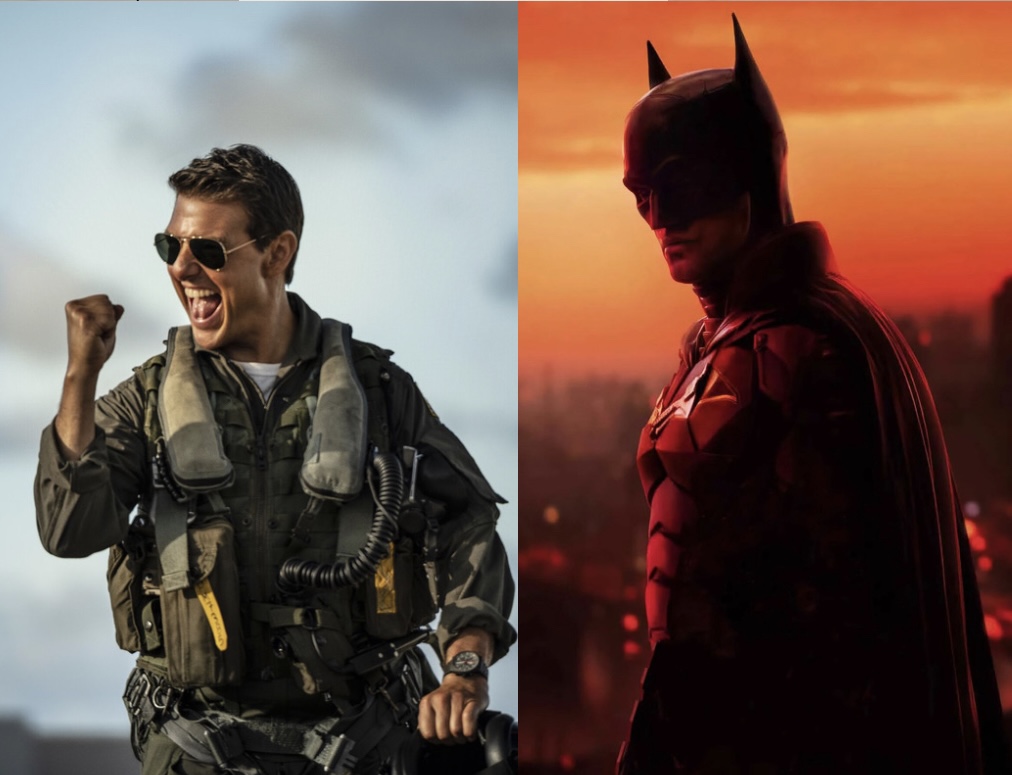
What got audiences to the cinemas this year? Balls out action. And while, yes, Avatar 2 has the highest box office gross, these two films were as witty and poignant as they were action-packed. Tom Cruise showed the youngsters why he is the goat of action filmmaking, while Matt Reeves and Robert Pattinson gave us a Batman we didn’t know we needed. Whether the action set pieces are in the air or on land, these films never take the audience’s intelligence for granted (take note, Cameron!) while giving them exactly what they want.
5. Aftersun
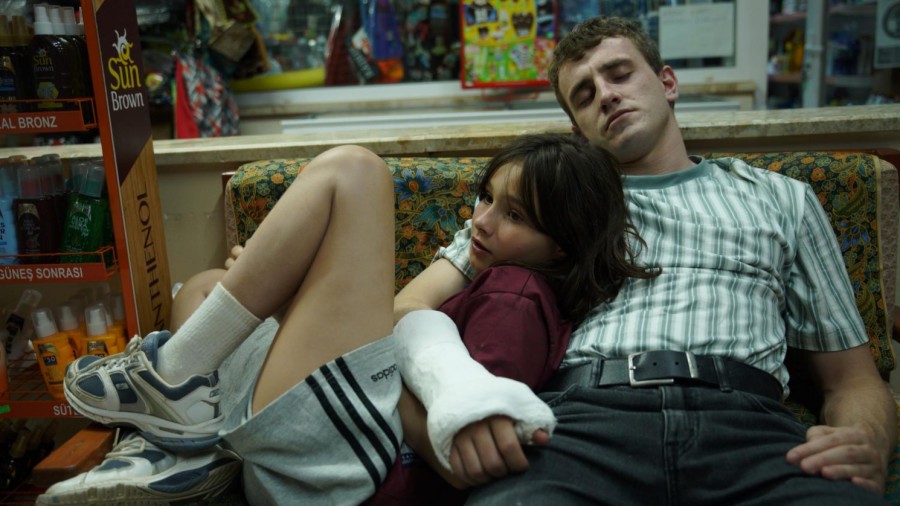
This year, Charlotte Wells stunned audiences with this incredible debut feature film, as she recounts a father-daughter vacation from her youth, shot with astonishing command and assurance. Stars Paul Mescal and Frankie Corio (in a star-making screen debut) give the performances of a lifetime as they are reminiscent of Bicycle Thieves’ Antonio and Bruno, having the chemistry of a real-life family, which proves to be the catalyst for this masterpiece. Wells constructs the film as if it were a shared memory between her and the audience in what will leave most reeling from experience long after they leave the theater.
4. The Banshees of Inisherin
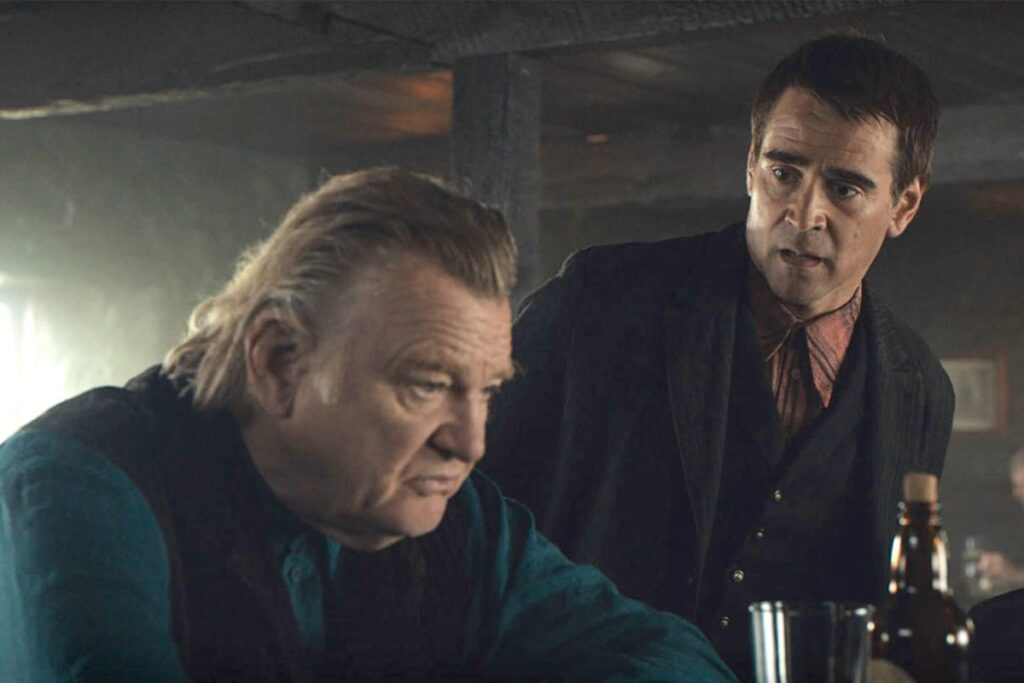
Martin Mcdonagh reunites with his In Bruges actors Colin Ferrell and Brenden Gleeson in this break-up black comedy about two friends on a remote Irish Island that leads to more severed digits than one could imagine. Though the filmmaker and stars constantly joke about the brilliant performance of the film coming from Jenny the Donkey, all actors (especially Barry Keoghan’s tragically dim-witted Dominic) are up to the task with McDonagh’s razor-sharp dialogue and hilariously uncomfortable situational comedy. While most in Hollywood are content with simple explanations for life’s big questions, McDonagh excels at slap-stick existentialism, which sets him far apart from all the rest.
3. Tár
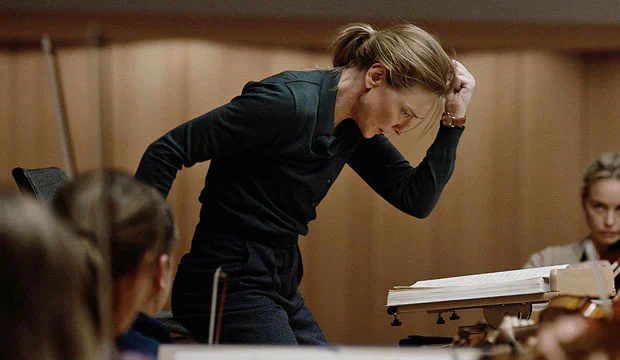
J.D. Salinger once commented that the character flaw of “extreme self-centeredness” is all but a requirement for producing great art. Such is the revelation Todd Field and Cate Blanchette explore in this powerful deconstruction of power structures in the arts. The ever-committed Blanchette is all but a shoo-in for Best Actress come awards seasons, and few would argue against it. Still, Todd Field’s understanding of both sides of the argument makes this explosive film work regarding what it means to take advantage of power. The scene in which Blanchette’s Tár rips woke culture to shreds, played out over a ten-minute plus long shot, is one of the year’s best.
2. Crimes of the Future
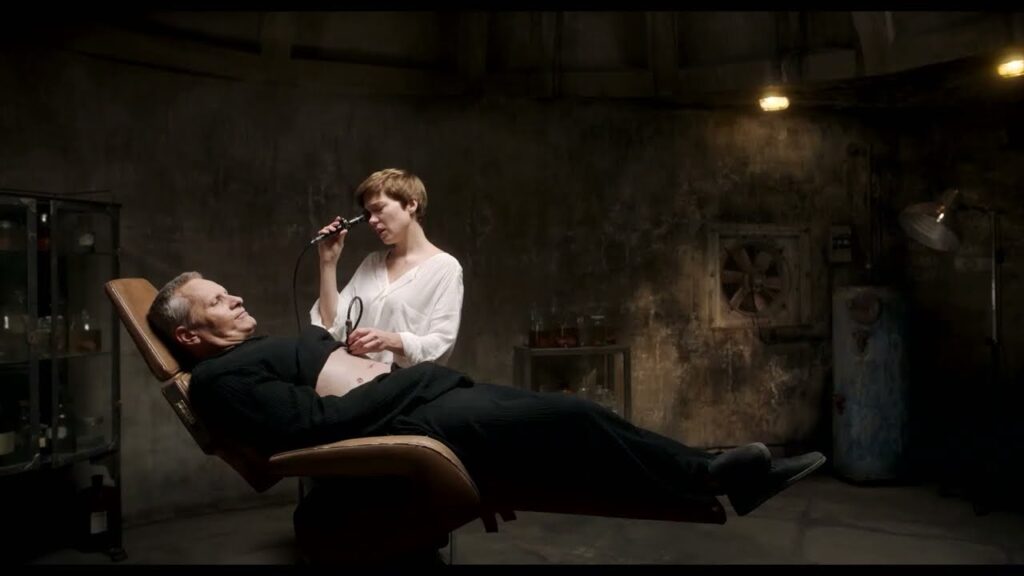
Cronenberg returns as everyone’s favorite master of body horror in his latest examination, not just of human nature but asking the question, “what makes us human in the first place?” Prepare to be equally grossed out and tantalized like we were in Cronenberg’s 80s classics The Fly and Videodrome, but as always, the maestro of squish isn’t simply interested in what will gross us out. He wants to make us squirm. The film takes place in a future where humanity has outgrown pain, public surgery becomes performance art, and new internal organs transform the concept of humanity. Viggo Mortensen gives a reliably grim and nuanced performance as artist Saul Tenser, Léa Seydoux is sly and sexy as the surgeon who publicly cuts him open, and Kristen Stewart is beyond creepy as an underground bureaucrat who becomes obsessed with their performances. Cronenberg gives the audience what they want the most from him, a head-scratching, gag-inducing, thought-provoking good time at the movies.
1. Everything, Everywhere, All at Once
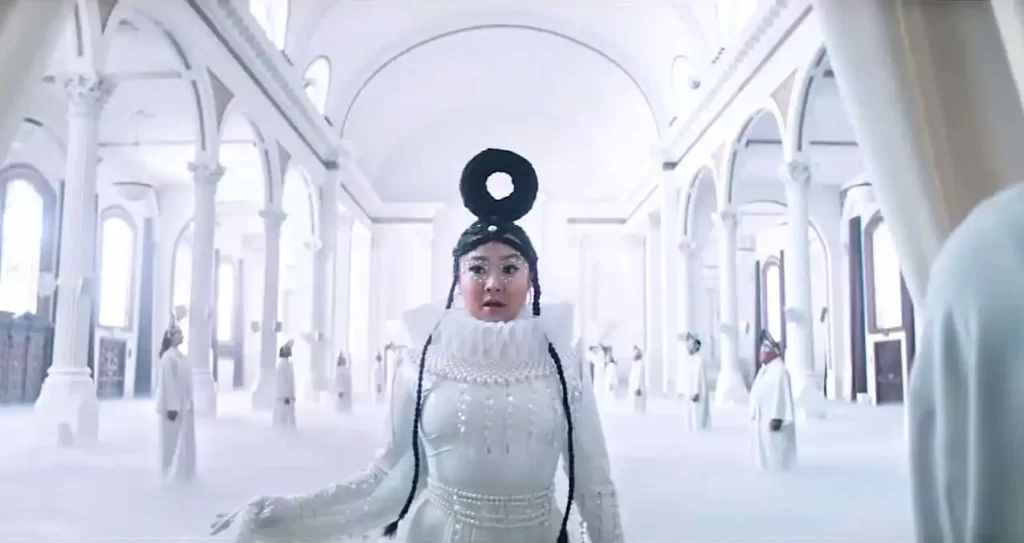
How could an indie film based around a family laundromat who are stuck doing their taxes end up as the best film of the year? Well, for starters, it’s directed with equal parts passion and absurdity by the brilliant directing duo Daniels. Add to that the physical, nuanced, and balls-out performances of Michelle Yeoh, Ke Huy Quan, Jamie Lee Curtis, and Stephanie Hsu. Shot with enthusiasm and boundary-pushing ingenuity during COVID lockdowns, sincere batshit insanity and imagination pack every scene to the brim. Daniels asks questions about the infinite universe and the terrifying effects of metamodernism, but most importantly: is the love and acceptance from the family the most valuable resource? While the multiverse concept has been done to death by Marvel and everyone else trying to rejuvenate their cinematic universe (hello Matrix Resurrections), Daniels breathes new life and honesty into the tiering trope while making us brace for action, laugh till we cry, miss our mothers, and behold the mysteries of the universe. One thing is for sure, no one who watches this movie will look at everything bagels or goggly eyes the same way again.




